Everyone has the right to enjoy the California coast. You might like to walk on the beach, have a picnic with family, play catch, make a sandcastle, surf, fish, or just relax and watch the waves. The California Coastal Commission is responsible for ensuring that your constitutional right to enjoy the coast is protected.
The California Coastal Commission has installed hundreds of Coastal Access signs to show people how to get to the coast, and we are responsible for many new beach stairways, restrooms, parking lots, beach mats, and beach wheelchairs. The Commission partners with other agencies including the State Coastal Conservancy, California State Parks, Caltrans, and many cities, counties, special districts, and tribes, to make it easier for you to get to and enjoy our beaches and coastline.
The California Coastal Commission is governed by the California Coastal Act. One of the main mandates of the Act is to maximize public access. California Coastal Act, Section 30001.5 states: "The legislature further finds and declares that the basic goals of the state for the coastal zone are to...(c) Maximize public access to and along the coast and maximize public recreational opportunities in the coastal zone consistent with sound resources conservation principles and constitutionally protected rights of private property owners."
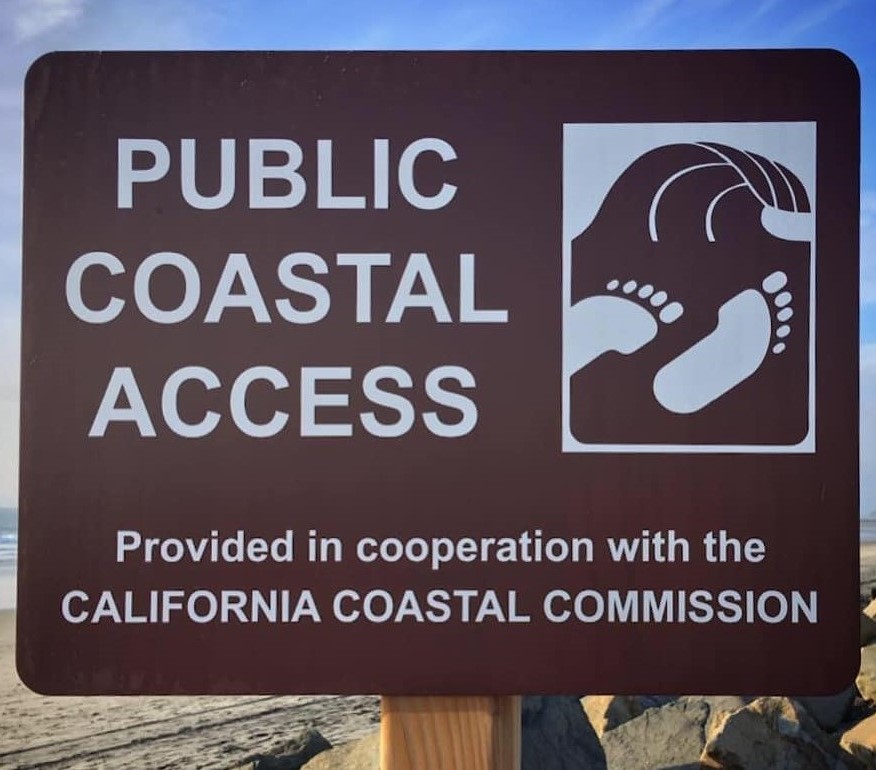
Find details on over 1,500 publicly accessible beaches and coastal destinations via the Your Coast map, or download the Your Coast iOS app. (YourCoast app is not currently available for download due to the need for a software upgrade.)
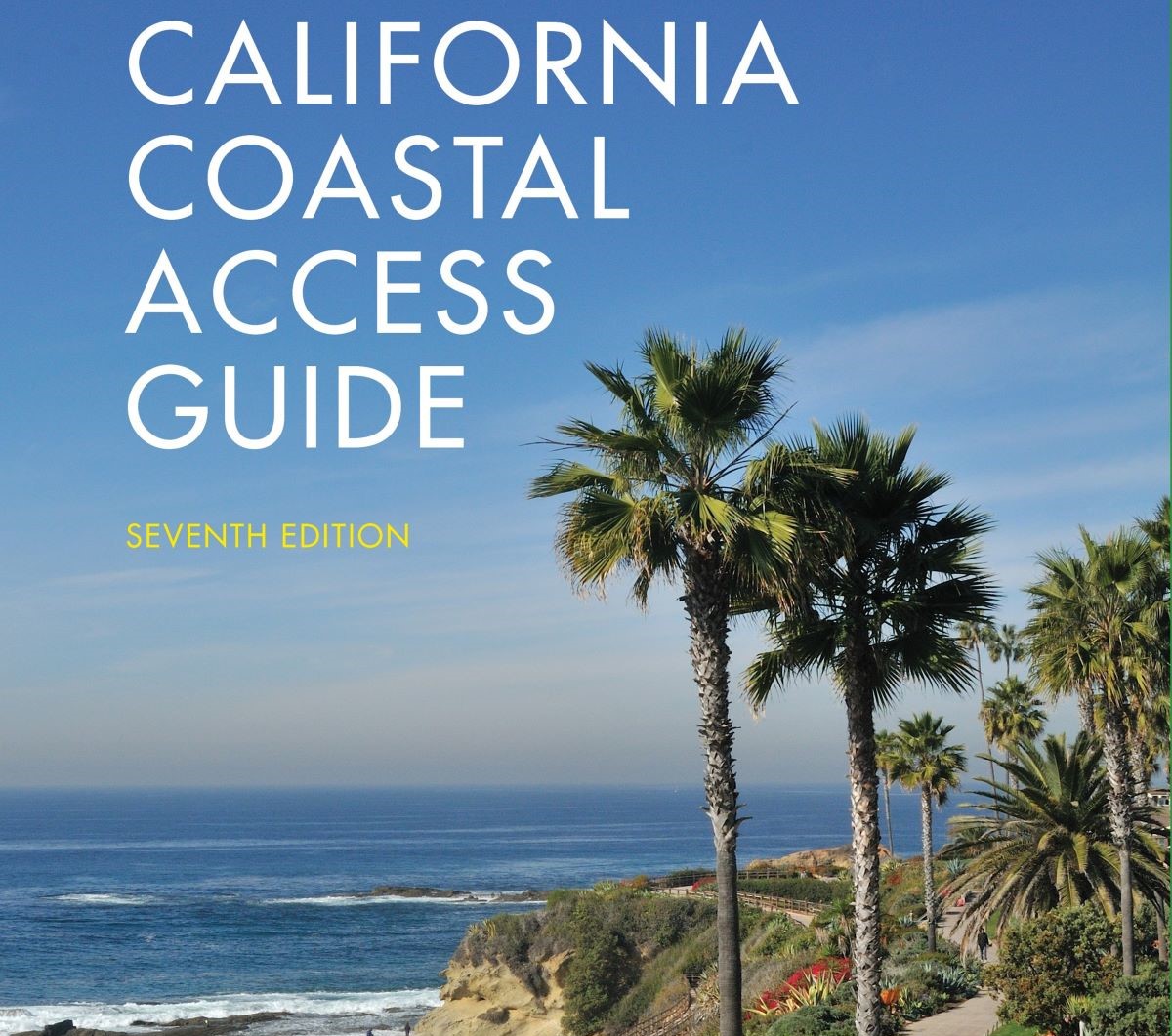
Read our California Coastal Access Guides series of books and maps online, or purchase them from UC Press.
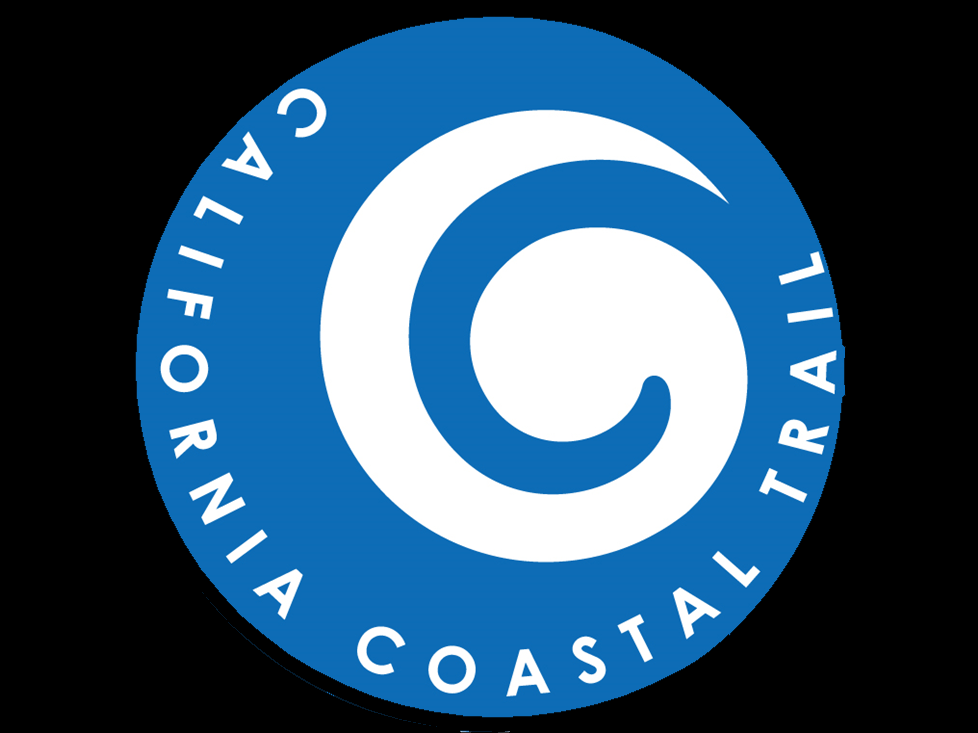
Watch a series of films about segments of the California Coastal Trail, from the Oregon border to the Mexico border.
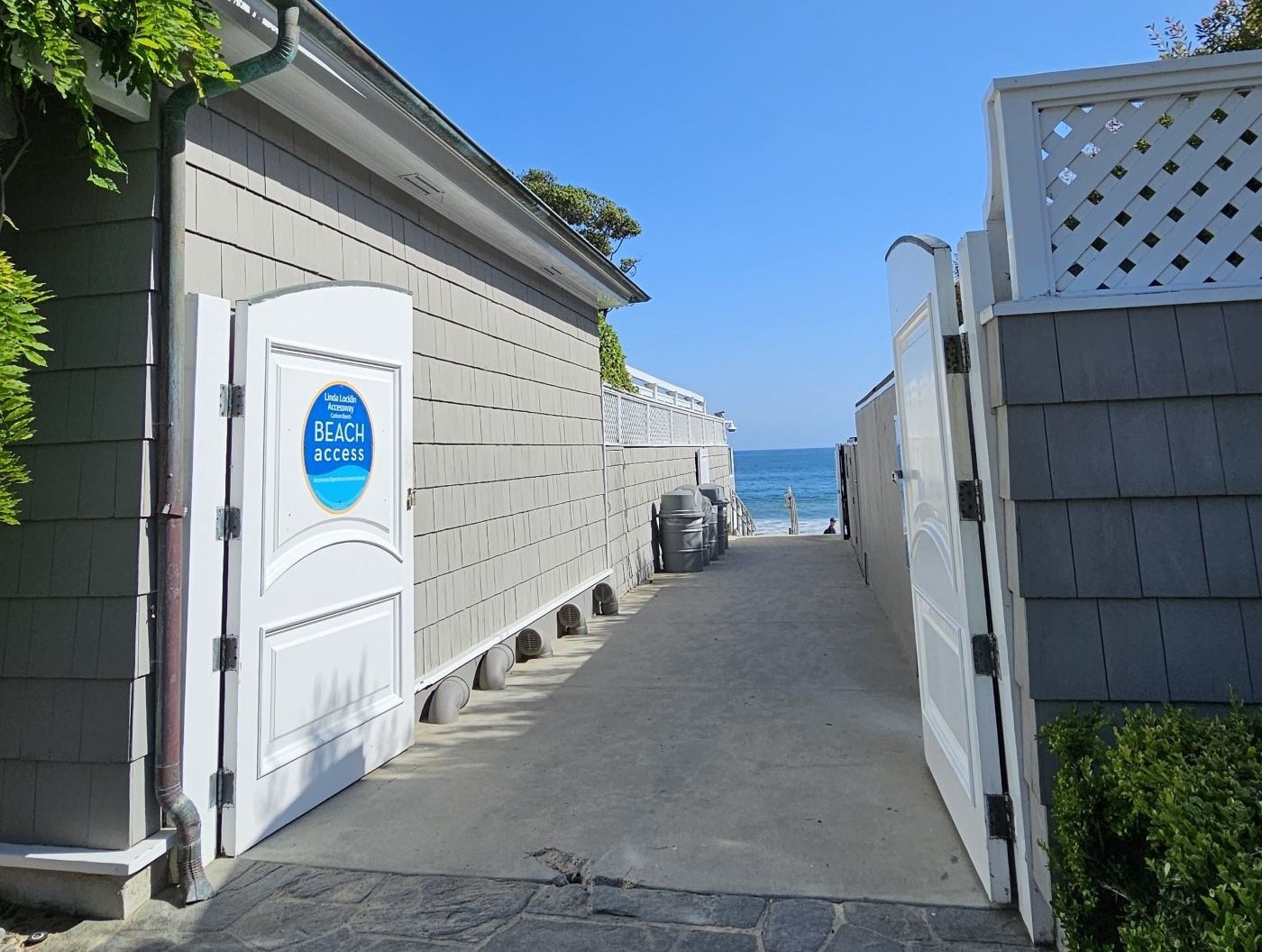
Learn about the Public Access Easement Program, and how these easements provide public access to and along the coast.
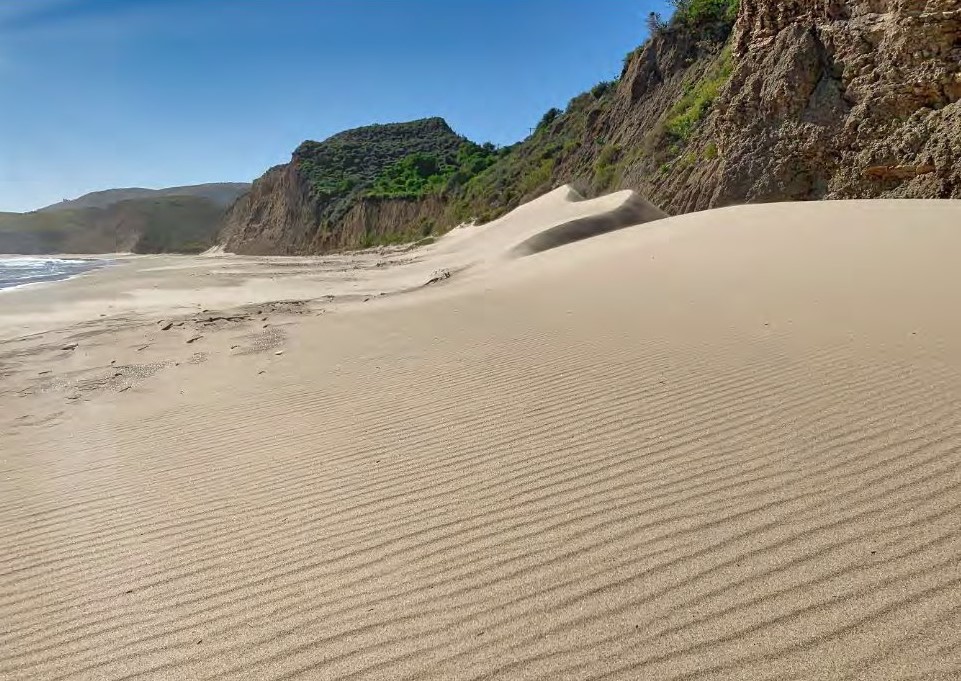
Learn about the history and status of public beach access planning for the Hollister Ranch in Santa Barbara County.
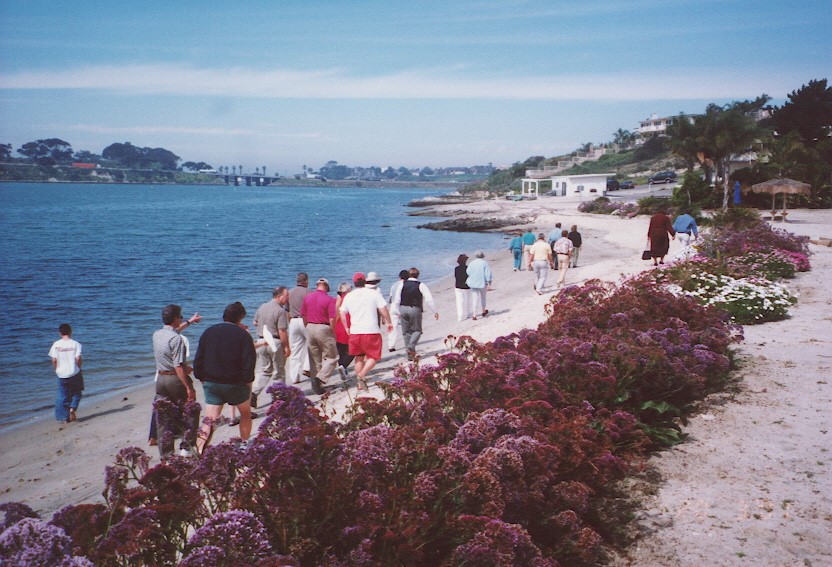
Long term public access across private property may result in establishment of permanent public access. This is called a public prescriptive right of access. Learn more.
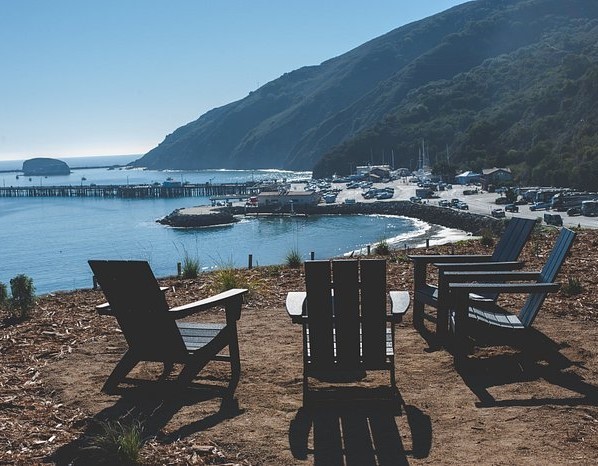
Learn how the Coastal Commission works to protect lower cost overnight facilities along the coast, and find examples of lower cost lodging.
For an overview of the Coastal Access Program, read our 1999 Action Plan.